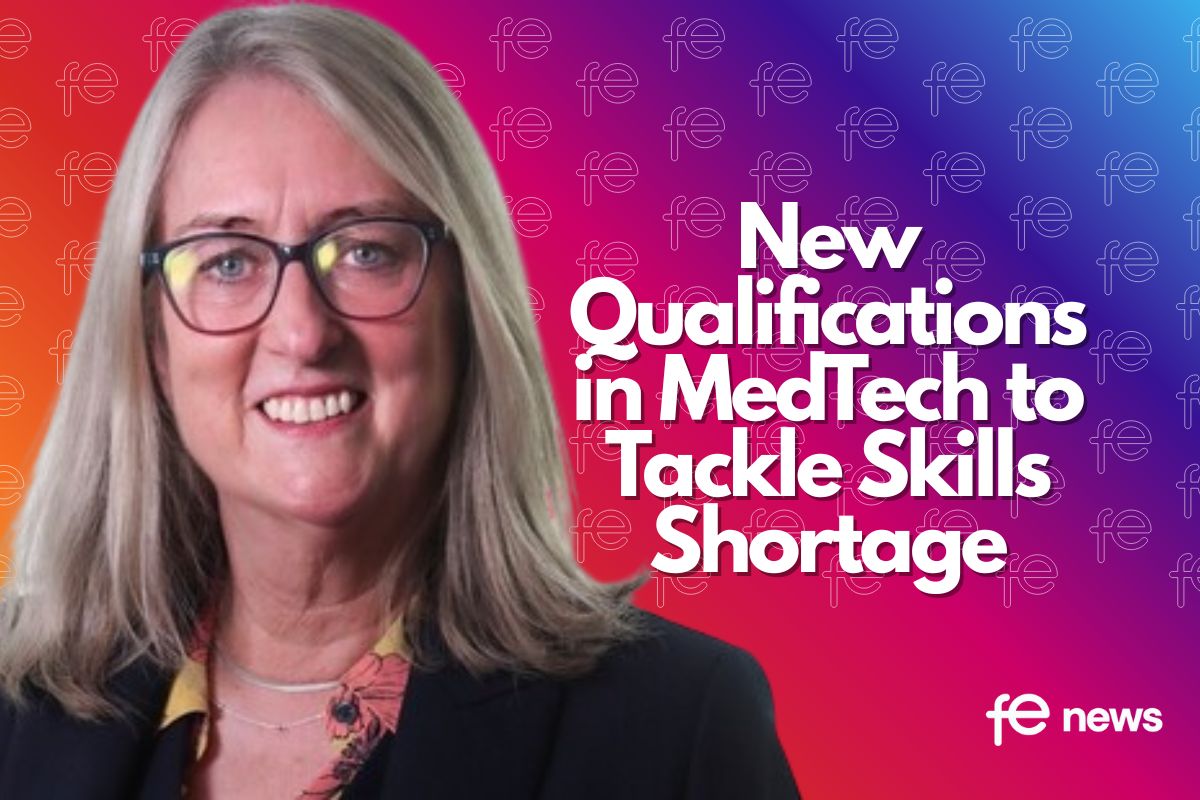Why Careers Information is an Indispensable Part of Your College’s Overall Mission

Every organisation that is faced with upheaval will have a tendency to get bogged down in dealing with the changes, so much so that they can end up losing sight of their overall mission. In my view, this is currently a very real danger that FE colleges face. With so much disruption coming in thick and fast – area reviews followed by apprenticeship reform followed by T Levels – the possibility of getting lost in the implementation of these sorts of reforms and forgetting the overarching reason for being there in the first place is easily done.
One of the best preventatives an organisation can have for this kind of mission slide is to step back from the trees to see the forest, as it were, by regularly reminding itself of what its mission actually is. Although the exact definition will change from college to college, you might say that the overarching mission of the FE sector as a whole is something like this: “To train people in the skills employers really need, in order to foster economic growth and create sustainable employment.”
Many of the changes that have come about in the last couple of years have ostensibly been designed to facilitate this mission. In fact, the main themes of some of the biggest initiatives have used remarkably similar language. For instance, according to the White Paper setting out the area review process, their purpose was said to be about creating a sector with:
“Better responsiveness to local employer needs and economic priorities.”
Then when the Government set out its aim of creating 3 million apprenticeships by 2020, the purpose was said to be to create a system would be:
“…well funded, high quality, and meet employers’ real needs.”
And in the Post-16 Skills Plan last July, the Government set out its intention to create T-Levels, in the hope that they would be:
“A dynamic, high-quality technical option, which is grounded in engagement with employers, fits soundly with the rest of the system and
is responsive to the changing needs of the economy.”
These statements are very much the heart of each proposal, but what is noticeable about them is that they are heavily employer and economy-focused. This is all well and good, but what about students, career options and careers information?
In fairness, these initiatives do address this. For instance, the Post-16 Skills Plan states that “schools and colleges must look beyond the point at which a young person or adult leaves them” and should “inspire young people about all the options available to them”. However, because this is being done within the context of plans that are focused on the overarching goal of increasing economic growth and meeting the needs of employers, the message tends to come across as a bit of an afterthought, rather than central to the thinking.
From my observations over the last year or so – and forgive me if this doesn’t apply to your college – the importance of careers information does indeed seem to have fallen by the wayside a little as colleges have been grappling with these initiatives. In my view, what this means is that now is an ideal time to press pause, step back from the details, and once again remind ourselves of the overall mission of FE. You might call it a forest and trees moment.
As mentioned above, that mission – the “Why” of FE’s existence – is “to train people in the skills employers really need, in order to foster economic growth and create sustainable employment.” That’s the whole forest, not just the trees, because it encompasses:
- The people being trained
- The education and training they receive
- The skills they’re being trained in
- What that means for employers
- What it means for the regional and national economy
In other words, it’s a holistic mission. It’s not about the students. It’s not about the education and training. It’s not about the skills. It’s not about the employers. It’s not about the regional or national economy. Actually, it’s about all of them. It’s all-encompassing, and each of these individual elements are spokes on the wheel around the core of the college’s existence.
Good, evidence-based careers information is a vital part of this mission. Actually, vital is perhaps not quite strong enough a word. Indispensable is better. At our recent conference, amongst the other themes that emerged, there were two that particularly struck me: firstly, several people noted (as I have hinted at above) that the policy initiatives in FE are all about moving to an employer-driven skills system. However, it was also noted that unless this employer-driven system is accompanied by a huge change in careers information and the way it is delivered to young people, it cannot possibly work.
All of which means that if getting better careers information to your students, prospective students and even into schools has slipped off your college’s radar, perhaps because of all the other things that are going on, it really is time to get back on track. But please don’t misunderstand me. This is not a call to simply start “focussing on careers information” again. That would simply be another way of getting bogged down in the details.
What I am saying is if the focus has been lost, the way to regain it in a healthy way, and one that will do long term good, is to get it back by stepping back from “the trees”, and seeing careers information in the context of “the forest”, which is your overall mission to “train people in the skills employers really need, to foster economic growth and sustainable employment.” Having seen the forest, rather than just the trees, you’ll be in a far better place to deliver on the detail of what is needed, and so fulfil your overall mission.
Andy Durman, Managing Director Emsi UK











Responses